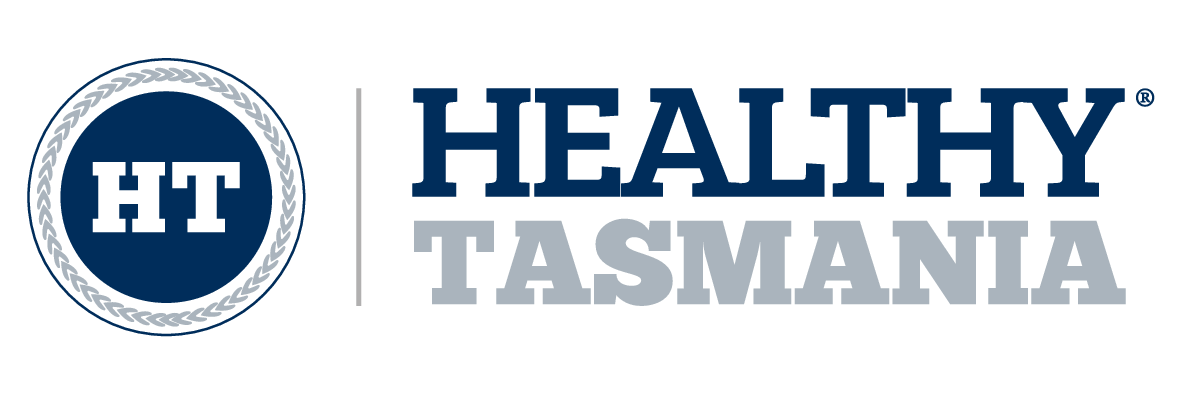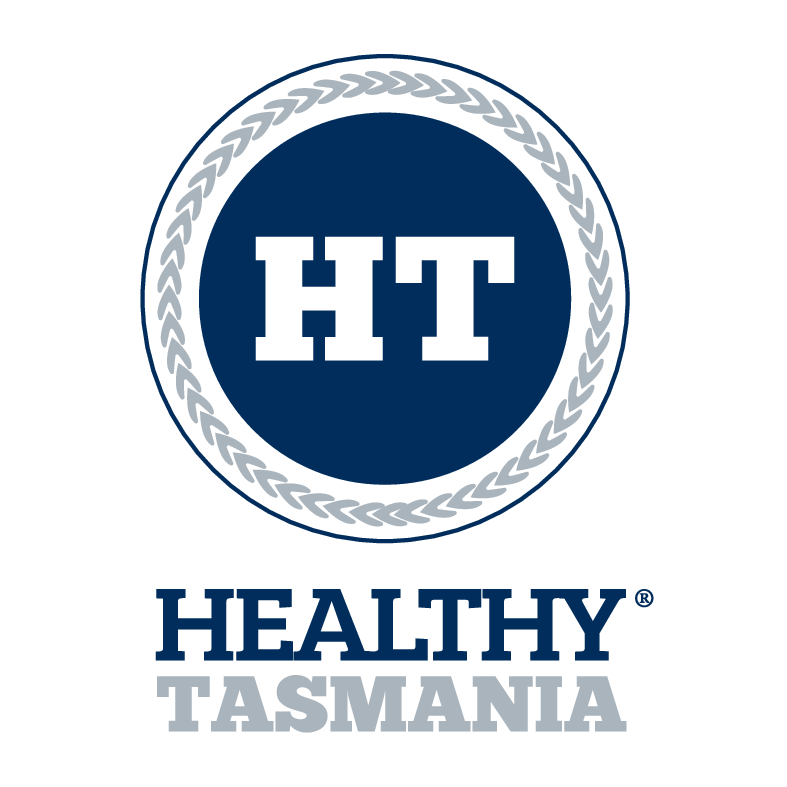’Booster’ for GPs on how to talk vaccines with parents
26 June 2018
Vaccination project by The Royal Flying Doctor and Healthy Tasmania Pty Ltd appears in The Advocate Newspaper
An expert in child vaccinations flew into the Cradle Coast on Tuesday to help GPs boost local vaccine rates.
Melbourne child immunisation specialist Dr Jenny Royle was in Ulverstone to talk to about 60 North-West Coast health professionals on how to get the vaccination message across to parents.
She was the guest of the Royal Flying Doctor Service’s Right As Rain project, which received a $30,000 donation from CBA’s CommBank Foundation Community Grant for three years.
Dr Royle said the Cradle Coast’s vaccination rate of 80 to 85 per cent told her there was room for improvement.
“We’re wanting to see 90 to 95 per cent rates. In theory, we’d like to have 100 per cent coverage. But sometimes people are a bit late with their vaccines.”
Dr Royle said families who forgot about vaccines brought the rates down from total coverage. She said some families might not be aware their children were overdue, in which case GPs could use texts, calls or reminders to let them know.
“These have been shown to be very effective.”
She said her approach was to be non-judgmental towards parents who might be hesitant or concerned about vaccines for their children. She encouraged patients to ask questions, and did not regard their caution as a reason to tell them off.
"Just because someone has questions about immunisation doesn’t mean to say they are anti-vaccine.
“Some people who are pro-immunisation are not as skilled at listening actively and answering really good questions. Just because someone has questions about immunisation doesn’t mean to say they are anti-vaccine.
“All immunisation is medication, and all medication has side-effects. If someone explains this to you carefully, if you’re really informed, then you feel more comfortable.
“If we just tell people to do something, sometimes people don’t like that.”
Dr Royle said parents’ questions could be about why very young babies should need vaccines. The answer might cover things like an infant’s immune system and its ability to combat serious diseases, and the speed of the disease.
Kentish Council has Tasmania’s lowest vaccination rates of 12 to 15 month-olds, with Latrobe, Central Coast, Waratah-Wynyard and Devonport all below the state average.
For the 24 to 27 month-old children, West Coast, Kentish, Waratah-Wynyard and Devonport all fall below the state average.
For children 60 to 63 months, Kentish again has the state’s lowest vaccination rate and Latrobe, Devonport and the West Coast remain under the state average.
The Cradle Coast region also saw 328 individuals, mainly adults, hospitalised from vaccine preventable influenza/pneumonia in just under three years.
The Royal Flying Doctor Service’s Right as Rain project partnered with the Dr Simon Monks Memorial Foundation to bring Dr Royle to Ulverstone.
This article first appeared in The Advocate Newspaper here


